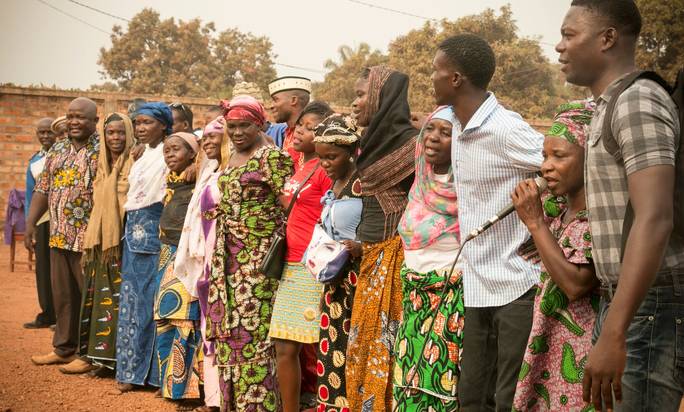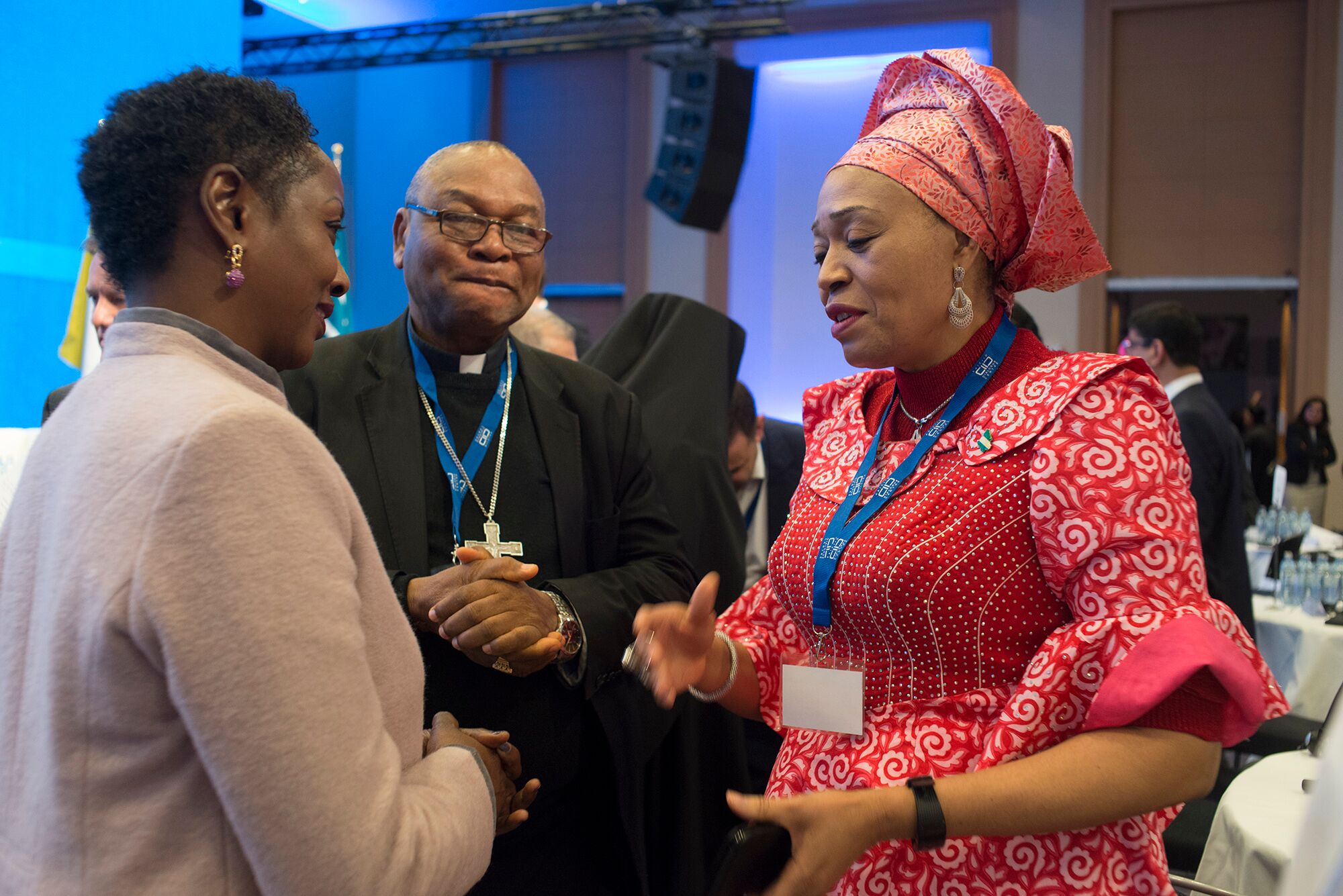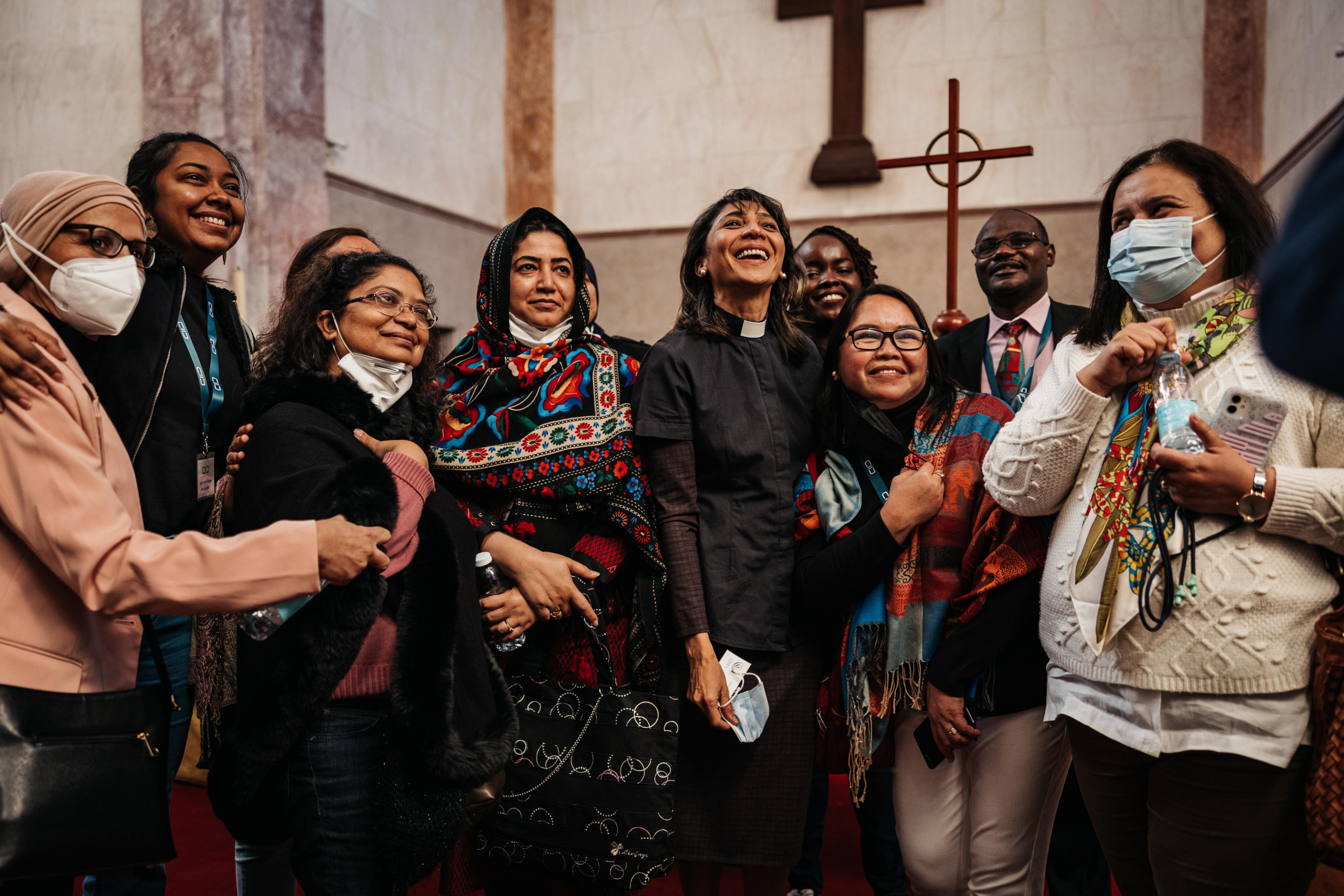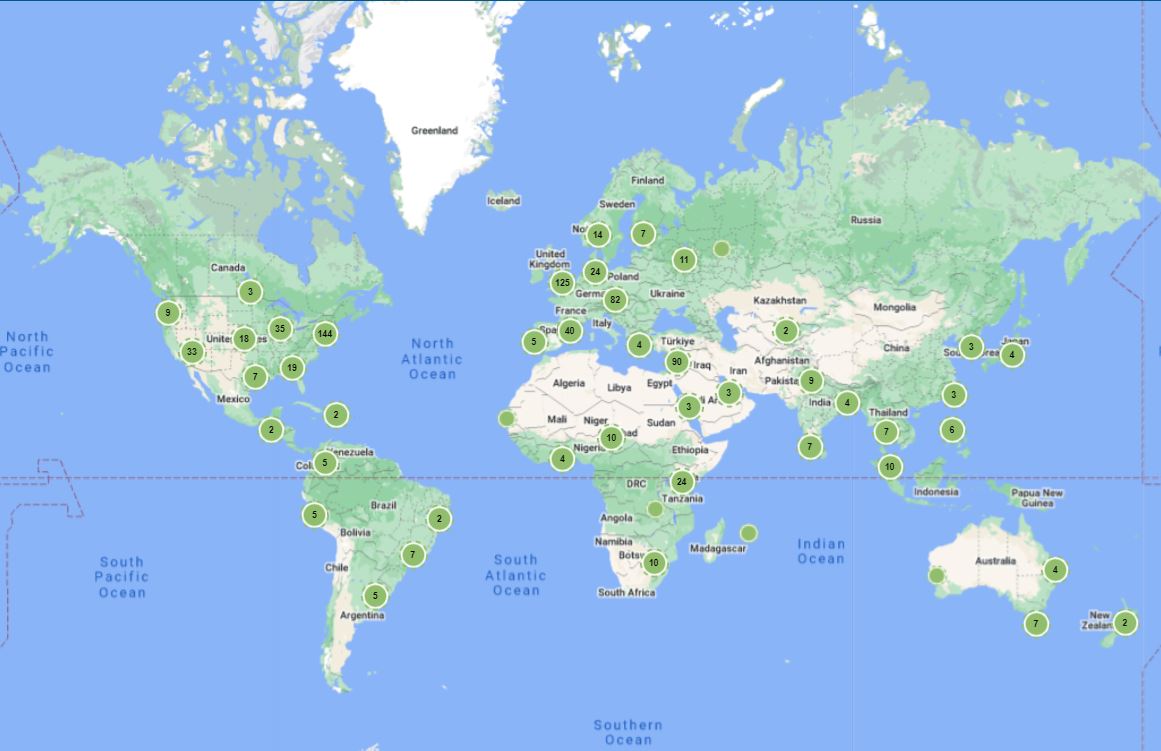Promising Practices
Promising Practices is a collation and expansion of existing documentation on promising practices in interreligious dialogue. Our database offers guidelines and focuses on the concrete implementation of interreligious and intercultural dialogue practices around the world.

Disclaimer:
Through providing different aspects and ideas our aim is to compliment the great work that has been already done in the field of Interreligious and Intercultural Dialogue. Information and field data published in this resource are for informational purposes only, and neither KAICIID nor the Dialogue Knowledge Hub guarantee in any way success of the implementation of the activity.
While we wish all the activities and initiatives featured in this resource could be replicable in as many context around the world as possible, there are often certain limitations, such as the suitability for particular cultures or religious communities. However, there is always room to explore and adjust activities in regards to the community’s environment.
- Guatemala
- Advocacy
- Democracy
- Freedom of Expression
- Freedom of Religion and Belief
- Information Distribution
- Intercultural Dialogue
- Interreligious Dialogue
- Networking
- Peace
- Pluralism
- Shared Human Values
- Social Cohesion & Citizenship
- Multireligious
Interfaith Radio
This practice is excellent for individuals or organizations working in a radio station or who wish to launch their own. “Radio for Peace” is an inclusive model of a radio channel that addresses social issues and matters of cohesion between different interreligious or intercultural groups, such as indigenous and non-indigenous people. The radio can focus on different topics such as interfaith, intercultural or intergenerational problems in society.
- Guatemala
- Rwanda
- South Africa
- Sri Lanka
- Advocacy
- Capacity Building & Empowerment
- Confessional / Religious / Spiritual Activities
- Democracy
- Diplomacy
- Educational Programmes
- Freedom of Religion and Belief
- Human Security
- Humanitarian Aid
- Intercultural Dialogue
- Interreligious Dialogue
- Intrareligious Dialogue
- Networking
- Peace
- Pluralism
- Shared Human Values
- Social Cohesion & Citizenship
- Social Work & Community Service
- Youth
- Buddhism
- Islam
- Multireligious
Interfaith Conflict Mediation
Interfaith conflict mediation can take different forms, from democratic empowerment in post-conflict environments, to material exchanges and dialogue to reconcile. When a conflict arises between two protagonists that have cultural and religious differences, mediation has to be fair and objective; it should not favor one over the other. Intercultural Conflict mediation ensures that each perspective and belief are taken into account in the mediation process.
The Interfaith Democratic Empowerment is a program put in place by the religious leaders of a given country. They organize constitution reading workshops, debates, give their communities the judicial and advocacy tools to be active citizens in democracy building.
Interfaith material exchanges help establish a dialogue when it is hard for people to have verbal interactions with one another. Different religious communities can decide to work on a solidarity program with a specialized organization. These programs can take place through the year in villages or cities of religious communities or interfaith groups, to show that solidarity is a common value shared by all.
“Religions to Reconcile” uses religion as a means to reconcile and unite people. This initiative implements reconciliation in environments or countries where religious identities often oppose each other and engage in conflict, thus engages them to come together and build a better society.
- Global
- Guatemala
- Lebanon
- Malaysia
- USA
- Capacity Building & Empowerment
- Confessional / Religious / Spiritual Activities
- Diplomacy
- Educational Programmes
- Freedom of Religion and Belief
- Human Security
- Humanitarian Aid
- Intercultural Dialogue
- Peace
- Shared Human Values
- Social Work & Community Service
- Women's Rights
- Youth
- Christianity
- Hinduism
- Islam
- Judaism
- Multireligious
Interfaith Volunteering
This promising practice happens in multi-religious societies throughout the whole year, and is based on a citywide network of diverse faith communities, which provides resources and temporary housing for families experiencing homelessness. Different religious communities come together to lead cooperative societal projects. They partner up with local authorities to create links between religious communities, through social work. Young people from different religions are encouraged to give their time to a communal service, or get together to cook and distribute food to homeless people, either on the streets or in community centres. Associations are actively working for the development of communities in need, seeking young volunteers from different religious backgrounds who would assist remote and isolated communities. Their goal is to challenge the traditional way of community building and development, by incorporating a social purpose into the practice. Community development has equally important economic and social effects, thus this practice assists precarious villages or neighborhoods throughout the year, and gives them a sense of community that they don’t often have because of their isolation, for




